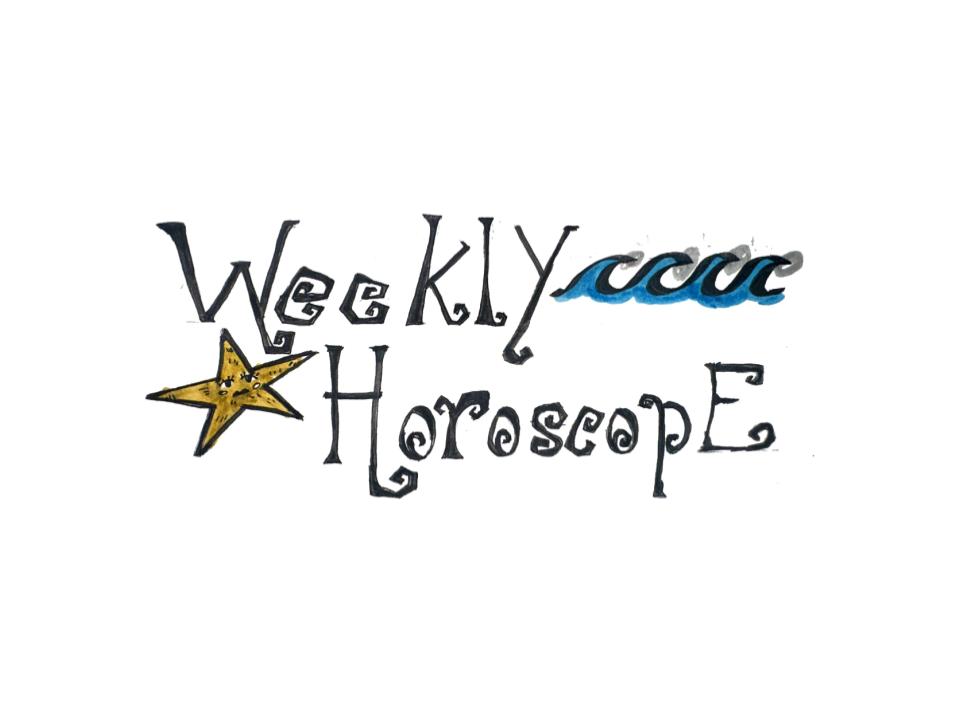This year, Students + Startups (S+S) – an annual program sponsored by the Entrepreneurship Department where students get to intern with local San Antonio startups for the summer – is back with a few exciting twists. In addition to going nationwide, two startup companies founded by current Trinity students – PATCH and Quick Sip – will be accepting new interns through the program.
PATCH (Pill-Administering Technology for Compliance Healthcare) is a smart pill bottle that allows clinical trial researchers to see whether patients are taking their medicines correctly. The startup was founded by senior Gavin Buchanan and sophomore Andrew Aertker. Last year, the two students competed in the Department of Entrepreneurship’s Stumberg Venture Competition and were selected to participate in the consequent Summer Accelerator program, where they were able to refine their product further.
Two Trinity student-founded companies are now looking for interns through the entrepreneurial program.
For this upcoming summer, PATCH is looking for interns who can accomplish a variety of tasks.
“For first-years and sophomores, we’re looking for people that are willing to work hard, and for juniors and seniors, we’re looking more for filling in that technical expertise role,” Aertker said. “There may be times that [interns] attend a meeting with us, or [answer] emails, or [help] to get a document ready for submission for the FDA, or a wide range of things. They may be helping us actually put together models of the PATCH bottle and cap and getting them ready for shipment.”
While Quick Sip has an official office in the department’s suite (CSI 383), PATCH is still looking for an expanded office space, as the PATCH office will be given to the next round of students participating in Summer Accelerator.
“Hopefully [our office will be] somewhere close to campus. We’re still waiting and deciding what we kind of want to budget for our office space, how big we want it and what kind of needs,” Buchanan said.
Senior Jacob Hurrell-Zitelman is looking for interns who have a strong science — chemistry especially — or engineering background (although all majors are invited to apply) for his artisan cold brew coffee startup, Quick Sip.
“[Looking for engineers] seems kind of weird because we’re coffee, but we’re doing some pretty cool stuff in terms of food safety,” Hurrell-Zitelman said. “Some days we’ll be at the facility making coffee. Other days, we’ll be literally looking at a keg in our backyard and figuring how it works and how we can make that better.”
Hurrell-Zitelman detailed some of the entrepreneurial questions that the two interns selected to work at Quick Sip this summer can help answer.
“On the science-y side … [how can we be] on the cutting edge of production and operation in order to make sure, although we are a small company, we are doing industry-leading things to make sure our coffee is safe?” Hurrell-Zitelman said. “On the engineering side, how can we make sure that [the] coffee experience is the best one for our [stores] who stock our product on their shelves to reach our end customers? How can we get bottles to them faster?”
Working for a startup company founded by other Trinity students is different than interning with a longer-established and larger startup, but Hurrell-Zitelman hopes that the more equal founder-intern relationship will be positive for Quick Sip and PATCH interns.
“Being in an environment [with relative peers] and figuring out what the answers are [yourself] can give you the experience of solving real-world problems in your organization,” Hurrell-Zitelman said. “There are some questions that leading-edge companies don’t know the answer to, and [that] nobody in the industry knows the answer to … [The experience] will teach interns how to think, and how to act on that thinking.”
According to Hurrell-Zitelman, a potential drawback of working for a smaller Trinity startup is a potential lessened legitimacy for that internship in the eyes of employers, as opposed to working for a larger, non-student affiliated startup. However, Hurrell-Zitelman felt this drawback was balanced out by the benefits of working at a smaller startup.
“The benefit to being a part of a small company is you get to interact with the founder, the CFO, the person who runs all of the marketing stuff,” Hurrell-Zitelman said. “You understand the vision of the company, you understand the passion, and you’re not just one little worker bee in this whole hive.”
In Aertker’s opinion, another advantage to working at a Trinity startup is being there to see the earliest stages of a startup’s development.
“I think a huge benefit for [interns] is that they’ll be working with us from the ground floor, as in early development — they’ll see all sides of a startup, and working with other students makes teamwork much more reasonable and easy for all of us,” Aertker said.
Being part of Students + Startups also has benefits for the startups themselves, as Buchanan explained.
“Because Trinity subsidizes Students + Startups, we only have to pay $2,000 for the person for the summer — the other $2,000 is funded by Trinity. … It’s low risk because after the summer, if the internship ends there, that’s completely fine,” Buchanan said. “On the flip side, if they end up being a really good addition to the company, they’re already here at Trinity, so that’s really nice.”
David Girault is Trinity’s former entrepreneur-in-residence and mentored PATCH during the Summer Accelerator Program; he is enthusiastic about the implications of Trinity student-founded startups participating in Students + Startups.
“[This is] very exciting because it’s an indication of the program’s success. We have real companies that have been born right here on the campus that are now to the level that they can hire employees,” Girault said.
Students who have questions about the Students + Startups program can contact the Entrepreneurship Department at lmartin6@trinity.edu.












